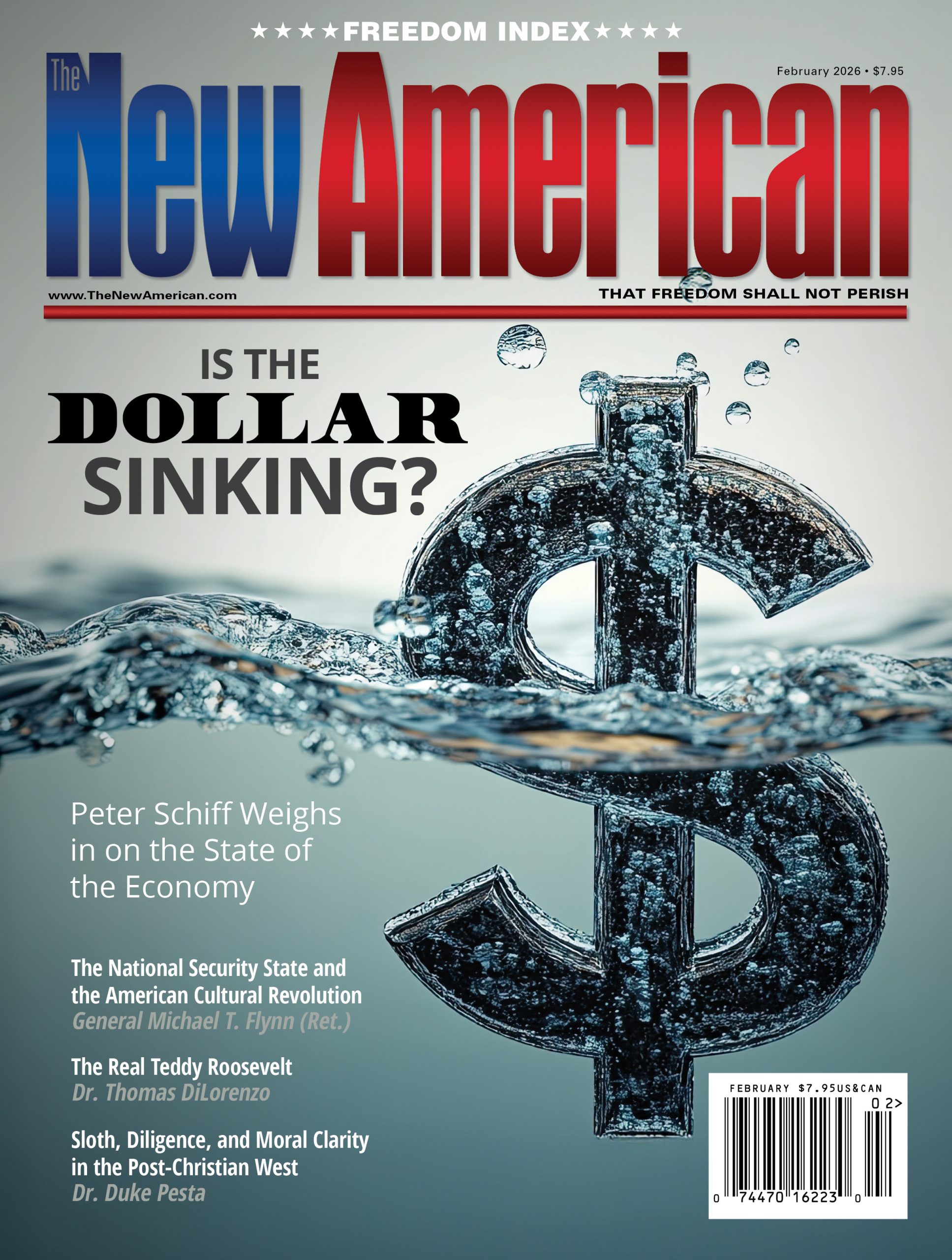Podcast: Play in new window | Download
A Constitutional Convention is the second, or alternative, method, in Article V, to propose amendments to the Constitution. First, two-thirds of the states have to “make application” to Congress. Once Congress has calculated that enough states, 34 out of 50, have applied, then Congress calls the convention.
The President of the United States does not play any role in calling a convention. Only Congress has the power to determine the time, date, and location for the convention, but also the manner in which the delegates to the convention will be selected and how their votes will be apportioned at the convention.
According to the enumerated powers to Congress, found in Article I, Section 8, of the Constitution, Clause 18 states:
“[The Congress shall have Power . . .] To make all Laws which shall be necessary and proper for carrying into Execution the foregoing Powers, and all other Powers vested by this Constitution in the Government of the United States, or in any Department or Officer thereof.”
The first two words in Article V are “The Congress.” This means, the power to call a constitutional convention is one of the powers vested to Congress.
Once called, delegates are chosen. Nothing in Article V defines the selection process. Congress could say that the delegates to a convention must be state legislators. They could choose themselves to serve as delegates. Or they could decide that the bulk of the delegates will be chosen by the people through elections in each congressional district.
Once the convention convenes, the actions of the delegates cannot be “muzzled.”
In other words, as a FEDERAL convention tasked with proposing amendments to the FEDERALConstitution, state legislatures have absolutely no power in limiting or controlling the convention. Delegates assembled at an Article V convention represent the People not the states. As the sovereign representatives of “We the People,” they can propose to amend, revise, or rewrite the Constitution.
Only the delegates can:
• choose their own procedural rules of order,
• elect their own convention president and officers,
• draft the text for any new proposed amendments, and
• draft a new constitution.
IFthe delegates restrain themselves to only proposing amendments to the Constitution, then Congress will decide whether the proposed amendments will be ratified by either the legislatures of the three-fourths of the states or by special ratifying conventions in three-fourths of the states. The latter would circumvent the legislatures entirely.
IF the delegates choose to replace the Constitution with an entirely new one, the new proposed constitution will be approved by the manner of ratification described within it.
Considering today’s political environment and those representing, “We the People,” is this a risk you are willing to take?
Learn more about Article V and the amendment process by visiting JBS.org.


